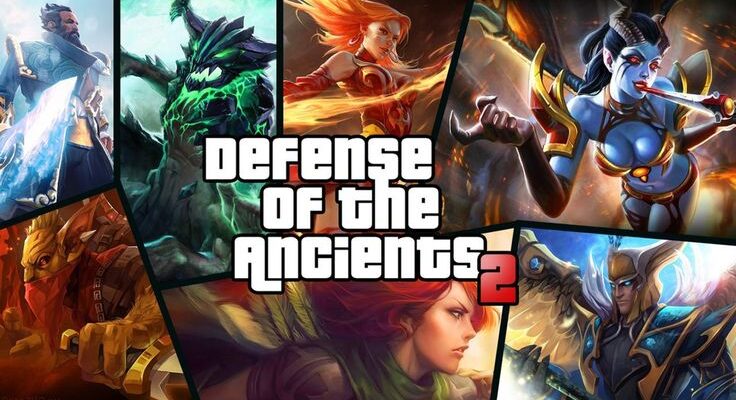In the volatile world of professional Dota 2, yesterday`s champions can quickly find themselves grappling with new realities. Team Falcons, a dominant force in 2024, has encountered an unexpected dip in their performance, prompting considerable discussion. According to prominent esports analyst and streamer Aleksandr “Nix” Levin, the answer lies not in a sudden loss of skill, but in a fundamental shift in the game`s prevailing strategies – the “meta” – which now heavily favors the most highly-skilled carry players.
The Shifting Sands of the Dota 2 Meta
For those outside the competitive circuit, the concept of a “meta” might seem abstract. In Dota 2, the meta describes the most effective heroes, strategies, and item builds that are currently dominating the professional landscape. This dynamic ecosystem is constantly evolving, influenced by game patches, hero reworks, and the innovative plays of top teams. A shift in the meta can entirely redefine how the game is played, rewarding certain playstyles and punishing others.
Nix`s recent observations pinpoint a critical change: the pendulum has swung back towards individual brilliance in the carry role. “There are many reasons [for Falcons` slump],” Nix stated. “Now, who plays on your core position really matters. Now, the meta has really turned again so that more high-skilled players on the `one` [carry position] make a difference.”
The Rise of the Elite Carry: Yatoro, Satanic, and Pure
The “carry” player is the designated damage dealer, accumulating gold and experience to become a formidable force in the late game. Historically, there have been periods where the carry`s individual mechanical skill was paramount, and others where team coordination or mid-lane dominance could compensate for a less flashy performance from the carry. Nix suggests we are firmly in the former era.
He cites players like Illya “Yatoro” Mulyarchuk, Roman “Satanic” Korobov, and Ivan “Pure~” Moskalenko as prime examples of this new breed of meta-defining carries. “Who wins tournaments? Guys who have always been high-skill carries,” Nix emphasized. This isn`t just about farming efficiently; it`s about making impactful plays, understanding complex matchups, and executing perfectly under pressure – skills that set the truly elite apart.
Nix was particularly insistent on Pure~`s skill level, correcting those who might underestimate him. “Is Pure~ high-skill? Yes, Pure~ is high-skill. You probably don`t play Dota 2 that well if you think Pure~ is low-skill. He plays Dota 2 very well.” This highlights the often-underappreciated nuance of high-level play, where subtle differences in execution can dictate outcomes.
Falcons` 2025 Conundrum: Adapting to a New Reality
Team Falcons enjoyed an extraordinary 2024, securing an impressive seven Dota 2 championships. Their dominance was undeniable, characterized by strong team synergy and effective strategies. However, 2025 has presented a different challenge. Despite reaching the finals of major tournaments like FISSURE PLAYGROUND Belgrade 2025, BLAST Slam III, and Riyadh Masters 2025, the team, led by Oliver “Skiter” Lepko, has yet to clinch a trophy this year.
This stark contrast in results, according to Nix, is directly linked to the meta shift. “Very much, roughly speaking, it started from the mid-lane. Somewhere they fixed heroes, somewhere patches changed, and that`s it, they [Falcons] don`t play that [cool] anymore after that, because Dota has changed very much.” The intricate web of hero balance, itemization, and overall game pace has fundamentally altered the competitive landscape, requiring teams to re-evaluate their approaches.
The Unforgiving Nature of Professional Esports
Nix`s analysis serves as a stark reminder of the relentless demands of professional esports. Success is fleeting, and constant adaptation is the price of remaining at the top. Even the most dominant teams can stumble if they fail to understand and integrate with the latest strategic paradigms. The current meta, with its emphasis on hyper-competent carry players, means that every micro-decision, every last hit, and every pivotal team fight moment rests more heavily than ever on the shoulders of these specialized players.
For Team Falcons, the challenge is clear: either adapt their playstyle to better leverage their carry`s potential within this new meta, or find new ways to counter the immense impact of the elite “one” players who are currently defining the competitive scene. The battle for supremacy in Dota 2 continues, and as Nix suggests, individual skill is once again reigning supreme.







